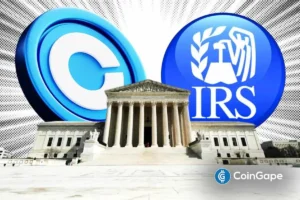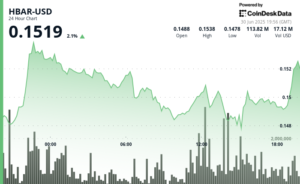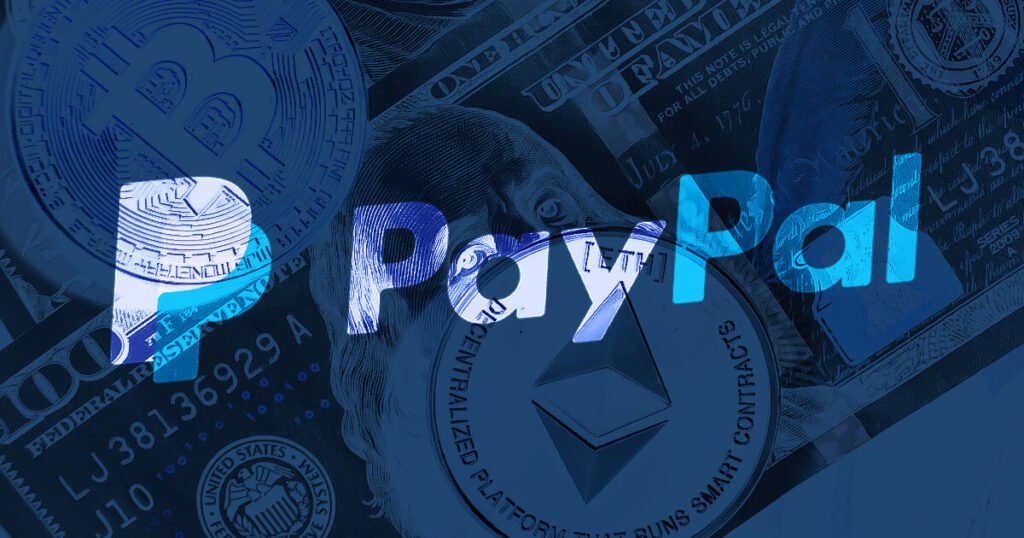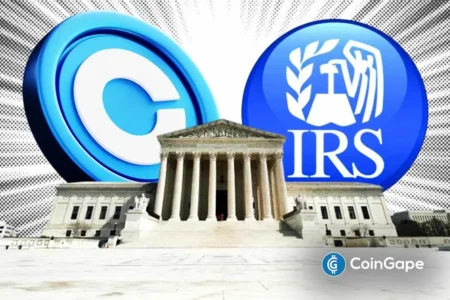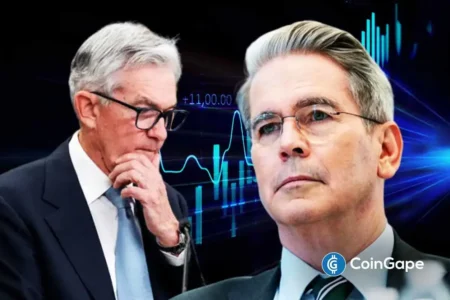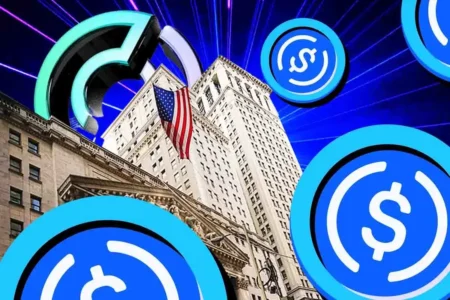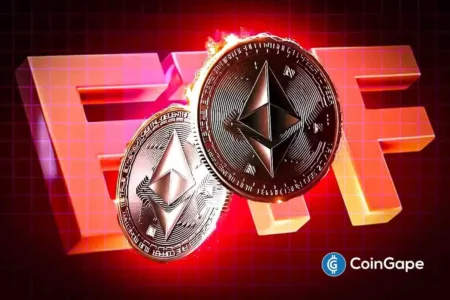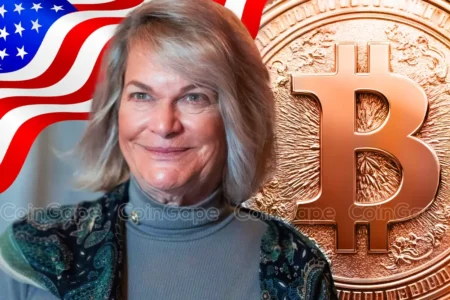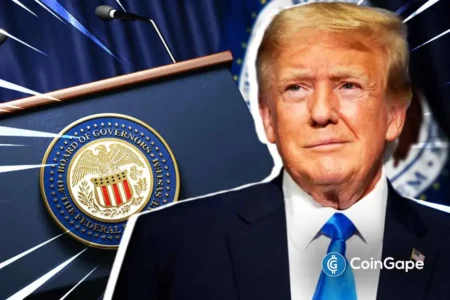PayPal has announced that it will no longer offer buyer and seller protection for transactions involving NFTs starting on May 20. This decision marks a significant change in the company’s approach to the digital asset market. Historically, PayPal’s protection programs have safeguarded consumers against fraudulent transactions, providing refunds and shielding sellers from chargebacks and false claims. However, these protections will no longer apply to any NFT-related transactions, as confirmed by the latest update to the company’s terms of service.
The decision primarily affects high-value transactions, with PayPal no longer covering NFT sales exceeding $10,000 against potential fraud for buyers or sellers. The company will still allow seller protections on NFT transactions worth $10,000 or less if the buyer claims the transaction was unauthorized and meets other eligibility requirements. PayPal’s decision to drop NFT purchase protections and reduce seller protections is due to uncertainty around proof of order fulfillment and other concerns.
PayPal’s updated policy reflects the company’s cautious stance towards the growing but unpredictable market for digital collectibles. The implications of this shift are significant, signaling a change in how major financial service providers engage with digital assets amidst increasing regulatory attention and market volatility. By distancing itself from the uncertainties of the NFT market, PayPal is attempting to mitigate potential losses associated with fraud in the sector, especially amidst high volatility.
Despite taking a conservative approach, PayPal’s decision may limit its involvement and growth opportunities in the digital assets market. The company has historically been open to exploring the digital assets industry and implemented support for crypto transactions in 2022. While some industry observers suggest that this move could reduce buyer confidence in using PayPal for high-value NFT purchases, it also underscores the importance of consumers exercising greater diligence when engaging in digital asset transactions.
Overall, PayPal’s announcement regarding NFT transaction protections signifies a major shift in the company’s strategy towards digital assets. As the market for NFTs continues to evolve, financial service providers like PayPal are navigating how to best protect consumers while managing risks associated with the sector’s volatility and uncertainty. This move highlights the need for both companies and consumers to stay informed and adapt to changes in the digital asset landscape.
